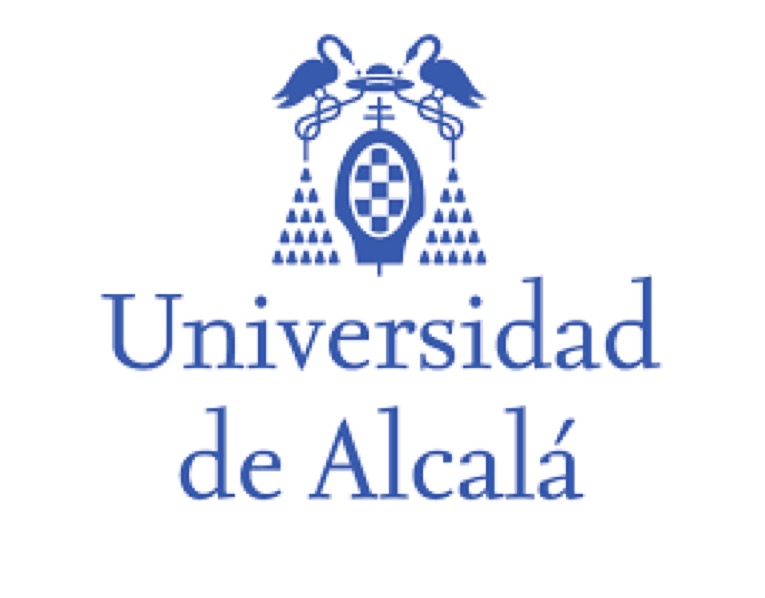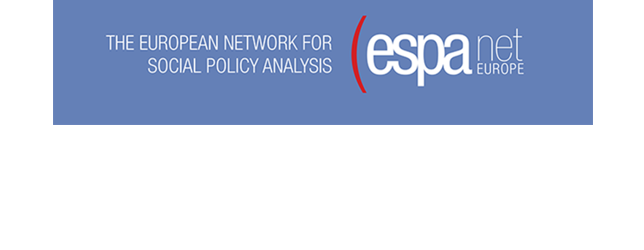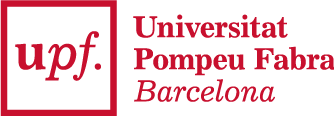Tag: workshop
-

Call for Papers: Espanet/AIPRIL Workshop. Zero poverty world: Minimum income protection across the globe – University of Antwerp, Belgium, 16-17 September 2025
Organizers: Ive Marx, Sarah Marchal, Julia Shu-Huah Wang, Ninke Mussche The notion that every person living amidst the relative affluence has a right to a minimum income enabling social participation, be it frugally and soberly, holds as a fundamental matter of social justice to most people. But how can we ensure decent minimum incomes allowing…
-

Nordic ESPAnet workshop for doctoral students and early career researchers
Trust and legitimacy of the Nordic welfare states 22 –23 October 2025, Finland, University of Helsinki This workshop focuses on the foundations of the Nordic welfare states, the trust and legitimacy of the Nordic welfare states, and how current local and global challenges – including migration, the digital and green transformation, and the changing political…
-

Early Career & PhD Workshop SOCIOECONOMIC MOBILITY AND PUBLIC POLICIES (12th – 13th June 2025)
Join us at the first Early Career and Doctoral Workshop on Socioeconomic Mobility and Public Policies. This workshop is organized by Doctoral Researchers from the Department of Economics at the University of Alcalá and aims to be an opportunity for young scholars in Social Sciences (Economics, Sociology, Political Science, etc.) to connect and share their insights…
-

Call for Papers: ESPAnet Germany PhD Workshop 2025, Bremen
Diversity within and between life courses: Potentials and challenges for social policy Social policy and its institutional consolidation in welfare states are intended to deal with social problems. Research shows that welfare states have a standardising effect on life courses through the definition of social problems by rewarding, enabling or sanctioning certain behaviours and by categorizing groups…
-
Virtual ESPAnet Workshop 2024 – Comparative and European Welfare State Research
Dear all, We are delighted to announce the full programme for the 2024 edition of the Virtual ESPAnet Workshop. We received a significant number of high-quality paper proposals, and we tried to put together a varied and balanced programme with regard to topics and gender. We are excited to have such an excellent line-up of presenters and discussants. We are launching this year’s workshop with a…
-

ESPAnet – ERC CAPABLE workshop for doctoral students & early career researchers
16 – 17 November 2023, Utrecht University, Utrecht, the Netherlands Gender inequalities in work and care are some of the most persistent social inequalities of the 21st century. These inequalities are often not easily alleviated by social policy, with policies sometimes leading to new inequalities or the exacerbation of existing ones. This workshop focuses on…
-

Virtual ESPAnet Workshop 2022/2023
The Virtual ESPAnet Worksop is an online seminar series in Comparative and European Welfare State Research, hosted by the European Social Policy Network (ESPAnet) and coordinated by Andre’ Walter (Zurich), Cecilia Bruzelius (Tübingen), and Philip Rathgeb (Edinburgh). Our workshop was launched in 2021 to bring together scholars with a common interest in the welfare state…
-

Social policy and crises – multiple perspectives ESPAnet Germany doctoral workshop, 16 & 17 March 2023 at WZB Berlin, Germany
European welfare states are at the center of various crises. In contrast to earlier decades, current crises are often not crises of the welfare state, but rather exogenous developments that affect social policy making and/or need to be addressed by social policy measures. These developments include longer-term political, demographic and macroeconomic trends, e.g. party system…
